

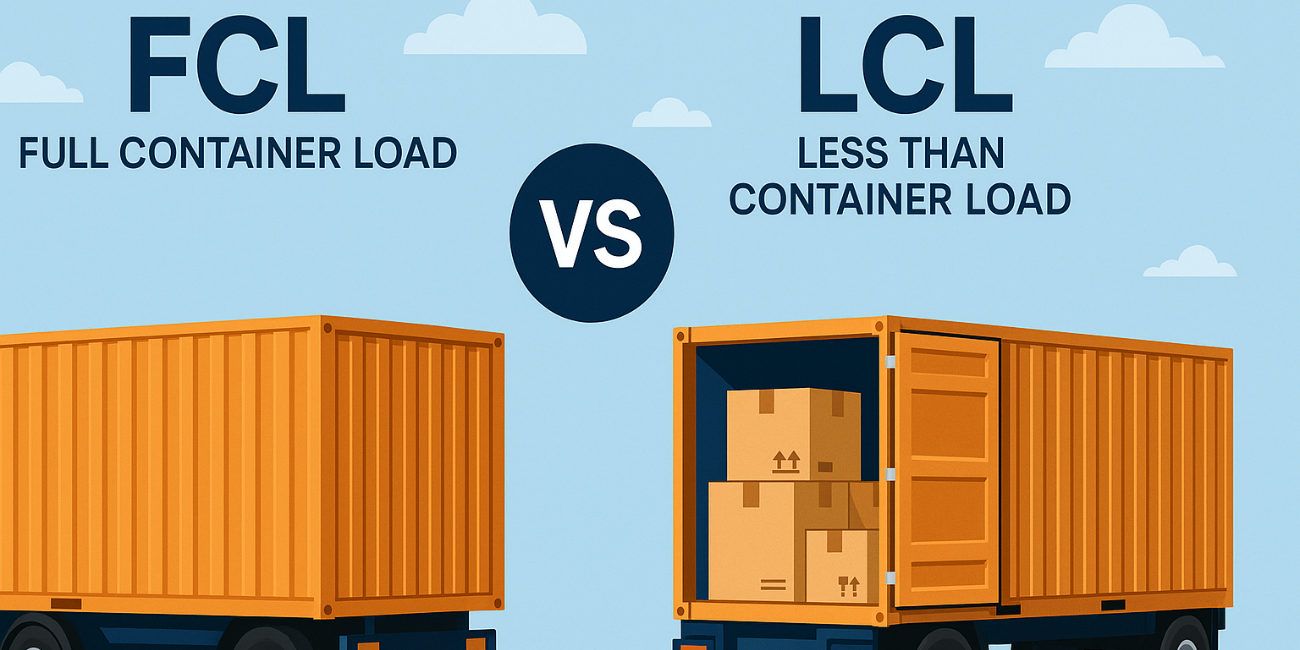
When it comes to international shipping, one of the first and most important decisions you’ll make is how to fill your container: fully or partially.
That single choice—between FCL (Full Container Load) and LCL (Less than Container Load)—can affect your cost, delivery time, cargo safety, and even customer satisfaction.
But with so many variables in play—shipment size, urgency, cost efficiency, and destination—how do you know which option is right for you?
FCL (Full Container Load):
You book an entire container for your shipment. It’s not shared with anyone else—ideal for large-volume cargo or high-value goods.
LCL (Less than Container Load):
You share container space with shipments from other businesses. Great for smaller loads that don’t fill a full container.
| Factor | FCL | LCL |
| Container Use | Entire Container for Your Goods | Shared with other shipments |
| Cost | Cheaper per unit for large volumes | Cheaper overall, for smaller loads |
| Speed | Faster (direct transport) | Slower (needs consolidations) |
| Handling | Less risk - loaded once and sealed |
More handling = higher damage risk |
| Customs | Processed as a single unit | Each shipper’s cargo is cleared separately |
In short:
FCL (Full Container Load)
Pros
Cons
LCL (Less than Container Load)
Pros
Cons
Not sure whether to go with FCL or LCL? Start by asking:
Pro tip: If your cargo is close to filling a container, always compare total costs—LCL fees can add up quickly.
1. Misjudging volume
Shipping a nearly full container as LCL can cost more than FCL.
2. Overlooking hidden charges
LCL often comes with extra handling, consolidation, and documentation fees.
3. Ignoring delivery timelines
LCL shipments take longer—don’t choose it for time-sensitive cargo.
4. Choosing based on cost alone
Cheaper doesn’t always mean better. Consider risk, transit time, and handling.
5. Not consulting your logistics partner
A reliable expert can help you avoid unnecessary costs or delays.
When choosing between FCL and LCL, cost plays a major role—but the answer isn’t always obvious. Here's how to break it down:
• Freight rate per container (20ft or 40ft)
• Port handling fees
• Inland transport (if needed)
• Customs clearance
When it makes sense:
If your cargo occupies around 12–14 CBM or more, FCL usually gives better value per cubic meter.
• Freight charges per CBM
• Consolidation and deconsolidation fees
• Terminal handling charges
• Additional documentation per shipment
Hidden cost alert:
Many first-time shippers overlook consolidation fees and handling charges at both origin and destination—these can add up quickly.
If your cargo volume is borderline (10–14 CBM), always compare the total landed cost of both options. FCL might end up cheaper overall, even if the initial quote looks higher.
Many businesses begin with LCL and transition to FCL as they grow. But switching isn’t just about volume—it’s about timing, strategy, and consistency.
Choosing between FCL and LCL isn’t just about container space—it’s about aligning your shipping strategy with your business goals.
If you’re shipping small volumes occasionally, LCL gives you flexibility and saves upfront costs.
But once your cargo grows or time becomes critical, FCL is often the smarter, faster, and more secure option.
Quick Recap:
Let SJ Logistics evaluate your shipment and recommend the most efficient and cost-effective option.
→ Contact us today for a customized quote.

Your Global Trade Navigator, Delivering End-to-End Excellence and Unlocking New Opportunities in Every Link of Your Supply Chain.
Get In Touch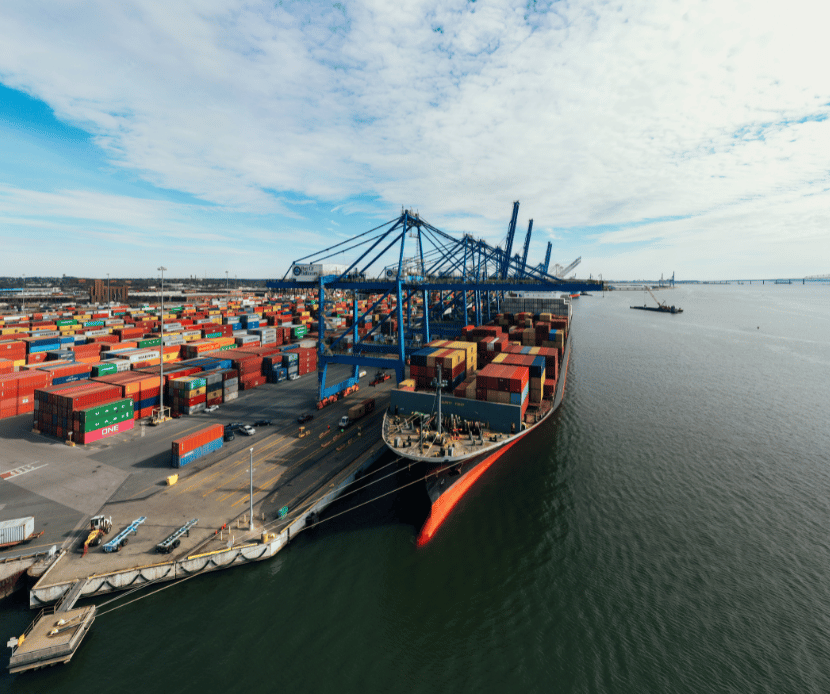
Explore our expert guide on Full Container Load (FCL) Shipping, covering benefits, processes, and tips to optimize your shipping experience efficiently.
Learn More FCL Shipping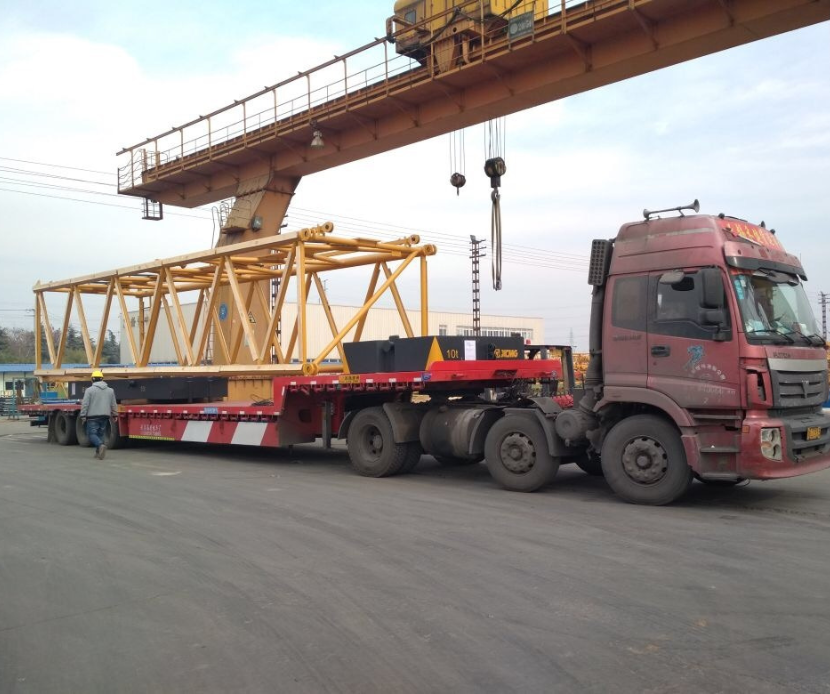
SJ Logistics specializes in the global transportation of high-value, oversized cargo, ensuring safe and efficient delivery for your most complex project logistics needs.
Learn More Project Cargo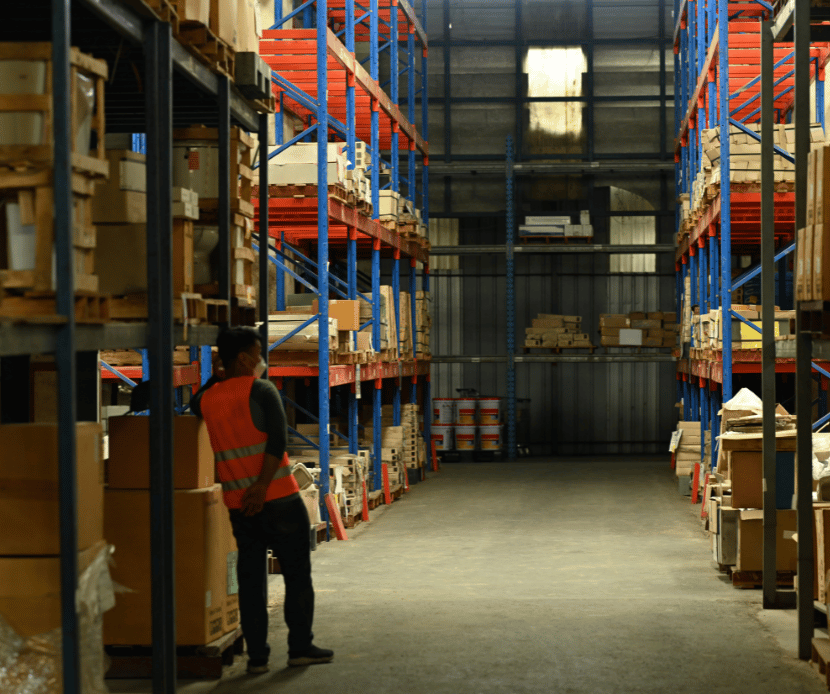
Discover tailored warehousing solutions at SJ Logistics, designed for efficiency and strategic storage. Optimize your supply chain with our innovative services today!
Learn More Warehousing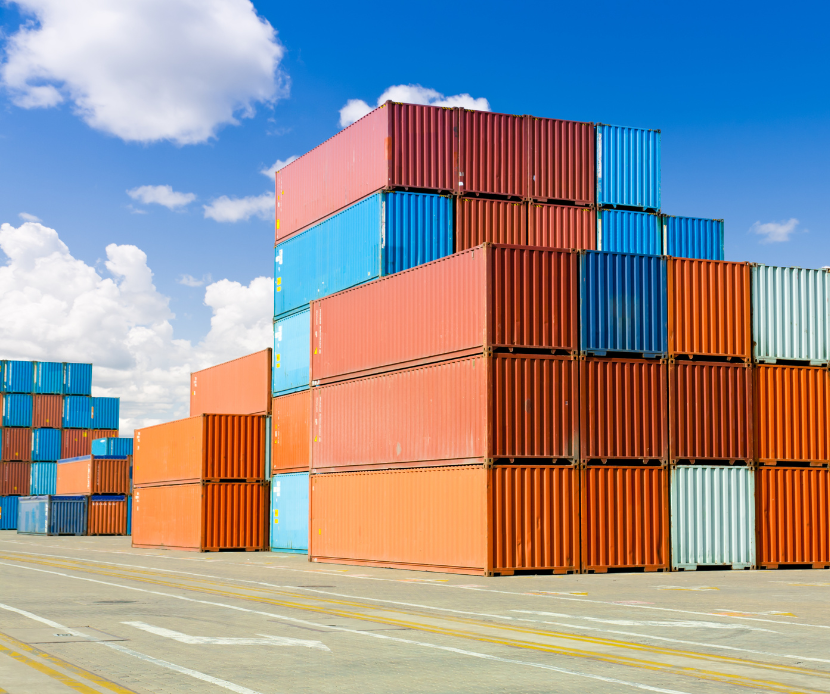
Discover comprehensive NVOCC solutions that streamline your logistics operations, enhance efficiency, and ensure seamless cargo management for your business needs.
Learn More NVOCC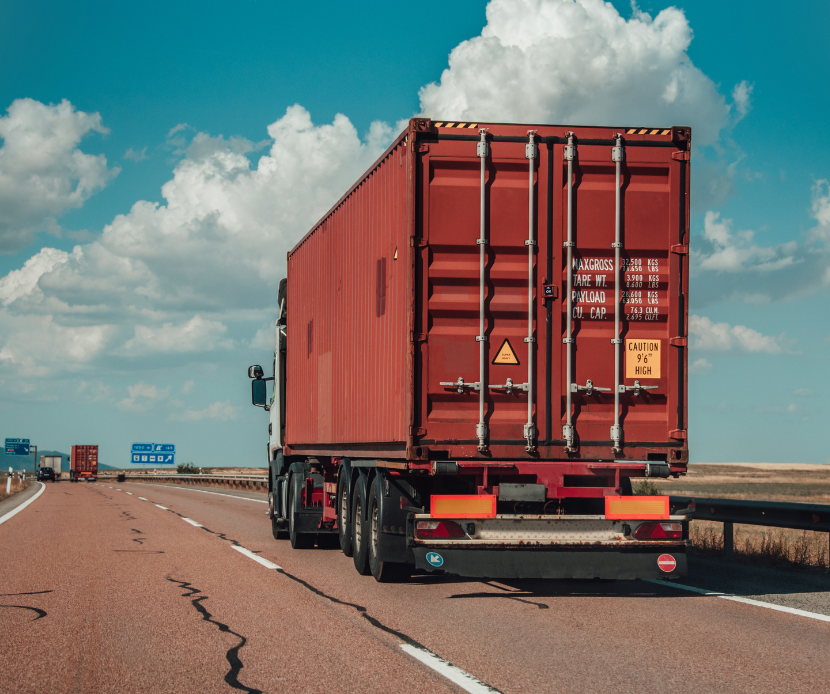
Discover reliable inland transportation solutions that streamline your domestic logistics, ensuring timely and efficient delivery across the country.
Learn More Inland Transportation
Experience unparalleled convenience with our door delivery solutions, ensuring your packages arrive safely and promptly right at your doorstep. Discover more today!
Learn More Door Delivery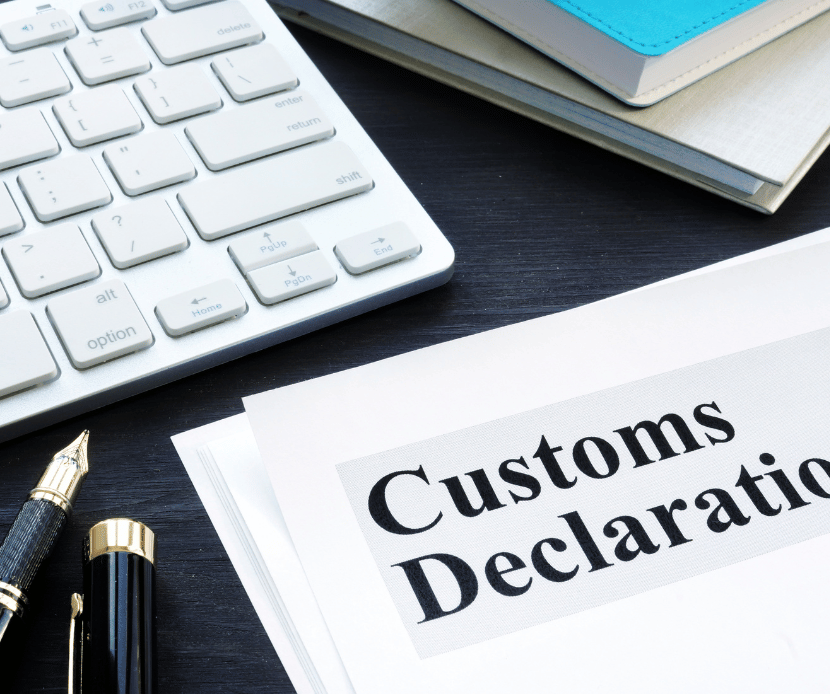
Experience seamless customs clearance with SJ Logistics. Our expert-led solutions ensure precision and efficiency, streamlining your import and export processes.
Learn More CHA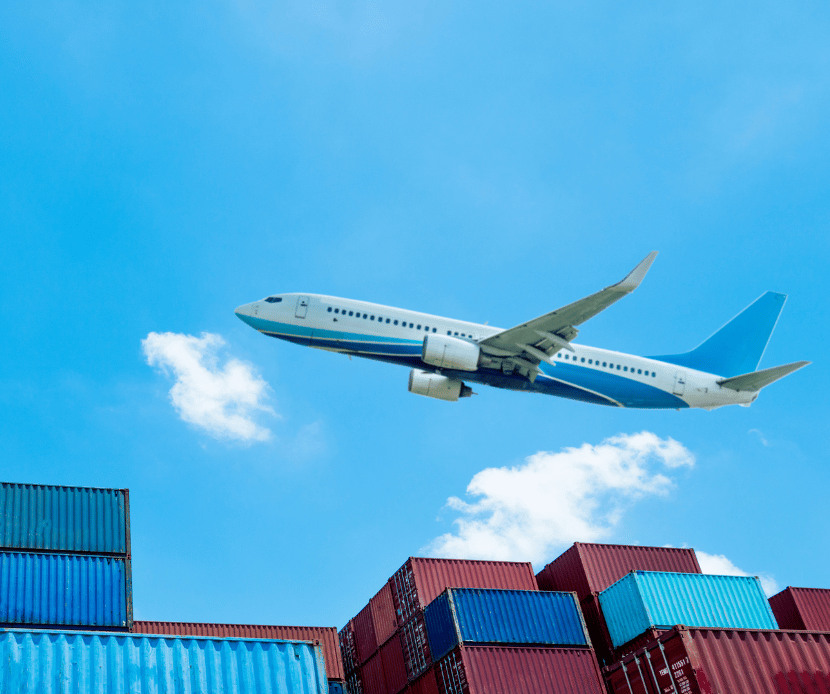
Experience unparalleled speed and reliability with our air freight services, ensuring your cargo reaches its destination swiftly and safely, no matter the distance.
Learn More Air Freight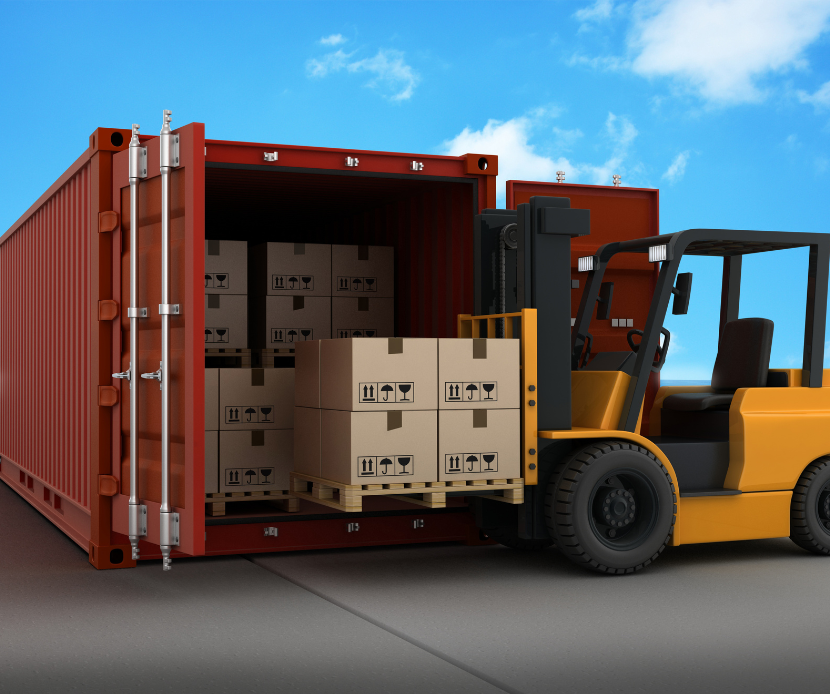
Unlock the benefits of LCL shipping with our tailored solutions. Enjoy flexibility, cost savings, and strategic support designed for SMEs to thrive in global trade.
Learn More LCL Shipping